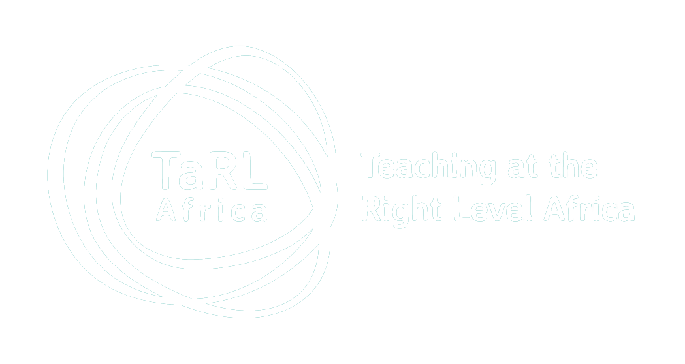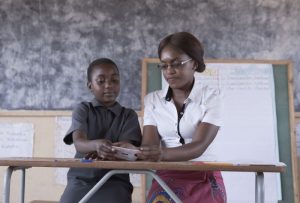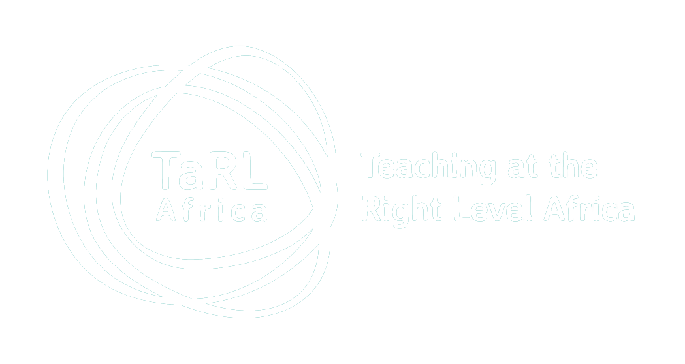Cross posted from the J-PAL blog.
In francophone West Africa, despite progress made in primary school enrollment rates, students’ learning levels remain low throughout primary school. For example, in Côte d’Ivoire, more than half of students did not reach a “satisfactory” level in reading and almost three in four students did not reach a “satisfactory” level in mathematics at the end of primary school. In Niger, the numbers are even lower—in both reading and math, just over 6 percent of students scored above the “satisfactory” level.
When classes are overcrowded and teachers must cover an ambitious curriculum, only a handful of students can follow the lesson. The majority fall behind without being given the chance to catch up.
Adding to these issues are various language barriers, such as multilingual contexts or a different language of instruction from that spoken by children at home.
Teaching at the Right Level (TaRL) is an educational approach to help primary school students who have fallen behind to catch up by targeting instruction to their current learning level. Through TaRL, children are evaluated in basic reading and mathematics and rearranged into groups according to their learning level, rather than their age or grade.
The effectiveness of TaRL has been demonstrated over the past decades through rigorous research done by J-PAL affiliates in partnership with Indian education NGO and TaRL pioneer Pratham.
In light of learning challenges in the region, J-PAL Europe, in partnership with Pratham, the Ministry of National Education of Côte d’Ivoire, and the Transforming Education in Cocoa Communities (TRECC) program launched by the Jacobs Foundation, are currently developing a TaRL pilot in Côte d’Ivoire. TaRL classes will run in fifty schools from September 2018 to March 2019. Innovations for Poverty Action (IPA) will conduct an independent process evaluation of the pilot to determine its readiness to be implemented at a larger scale.
One challenge in adapting the TaRL approach to Côte d’Ivoire is the country’s high level of language diversity. This is the case nationally, with over seventy languages spoken across the country and within classrooms. In many cases, children have a different native language than their peers or teachers, which makes it difficult to ensure instruction in the language spoken by each child at home.
For this reason, the government has set French as the official language of instruction throughout the country. TaRL has already been implemented in local languages in India, Ghana and Zambia, but has never been implemented in French. J-PAL Europe is working closely with the Ministry of National Education in Côte d’Ivoire and Pratham to adapt TaRL’s teaching and learning materials to the French language.
We’re partnering across disciplines with cognitive scientists and speech therapists who are experts in multilingual learning to better understand how language plays a role in learning, and to ensure that both materials and activities are appropriately translated for learners for whom French may not be their first language.
These collaborations are a result of a longstanding partnership between J-PAL Europe, TRECC, and the Ministry of National Education of Côte d’Ivoire.
In November 2017, four ministry representatives, two local schoolteachers, and staff from TRECC and J-PAL Europe traveled to India to meet Pratham leaders and observe how TaRL was being implemented by Pratham in classrooms in Aurangabad, Maharashtra.
By the end of the six-day trip, we were sitting cross-legged on classroom floors, participating in language learning and role-playing games with students. This learning journey was a critical step in moving the program forward in Cote d’Ivoire. No slide presentation, written report, or conference call can replace the value of speaking face-to-face with students, teachers, and researchers and seeing the program in action.
Starting in March of this year, a J-PAL Europe technical advisor has been working at the ministry’s headquarters in Abidjan to support development and implementation of the TaRL pilot. This advisor will stay at the ministry for an initial period of one year, providing technical and logistical assistance and facilitating close collaboration between partners.
Depending on the results of the process evaluation of the Côte d’Ivoire pilot and funding availability, future plans might include a scale-up of the TaRL program to more schools.
There is also potential to extend TaRL to other French-speaking African countries, like Burkina Faso, Niger, and Senegal, where lessons learned from Côte d’Ivoire may prove particularly useful. Stay tuned to the blog for updates.


